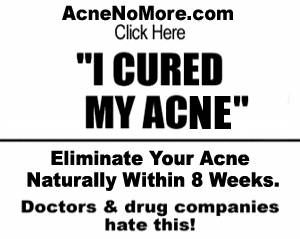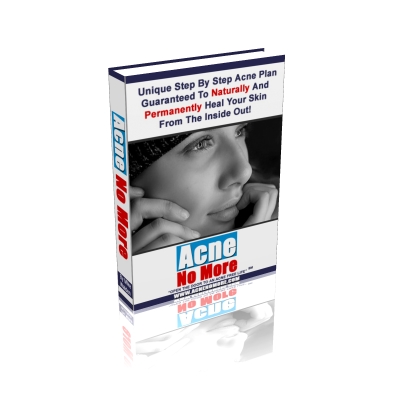Introduction
Your skin, the largest organ in your body, plays a vital role in protecting you from external factors and aiding in the elimination of toxins. Properly caring for your skin is crucial for its health and appearance. In this article, we will discuss seven actions you should never take if you have acne, as they can weaken your skin's natural defenses and worsen your condition.
1. Avoid Smoking
Smoking not only poses risks like lung cancer, heart disease, and premature aging, but it also has detrimental effects on your skin. The harmful chemicals in cigarettes cause the capillaries and blood vessels in your skin to contract, reducing the supply of oxygen required for healthy cell regeneration. To promote the creation and maintenance of healthy cells, it is essential to refrain from smoking.
Visit: Acne Cures: Discovering the Natural Acne Cure That Truly Works
2. Steer Clear of Topical Steroids
Although over-the-counter or prescription cortisone-based creams may provide temporary relief for acne symptoms such as inflammation and itching, they do not address the underlying causes of the condition. Prolonged use of potent steroid creams can lead to skin thinning and worsen your acne over time. Instead, consider gentle external care using natural ingredients like diluted tea tree oil to promote healing without causing side effects such as irritation and redness.
3. Avoid Unnecessary Antibiotics
While antibiotics may seem like a quick fix for acne, they can have long-term negative effects on both your skin and internal system. Antibiotic treatments, like tetracycline, can aggravate your acne and disrupt the balance of bacteria in your body. Probiotic bacteria, such as acidophilus, play a crucial role in maintaining clear skin and protecting your digestive tract. Destroying these beneficial bacteria can harm your liver, a vital organ responsible for skin healing. Therefore, it's advisable to explore alternative treatments and avoid unnecessary antibiotic use.
4. Opt for Gentle Shaving Techniques
If you have acne, particularly large bumps and painful cysts, it is essential to exercise caution when shaving. Avoid using four-in-one razor blades that promise an extremely close shave. These blades can cause severe irritation and damage your skin, exacerbating the condition. Instead, use a single blade razor when shaving areas with active acne to minimize the risk of irritation and potential harm to your skin.
5. Say No to Picking Your Skin
Resist the urge to touch, pick, or squeeze your blemishes, as it can worsen your acne and lead to further inflammation and scarring. Unprofessional extraction methods can push the infected material deeper into the skin, causing more harm than good. For safe and effective blemish management, it is advisable to consult professionals who can provide appropriate treatment options, helping you avoid unnecessary complications and scarring.
6. Use Vitamin A Moderately
Vitamin A, obtained from natural sources like green leafy vegetables and fruits rich in beta carotene, can support the healing process of your skin. However, excessive intake of Vitamin A can be detrimental to your liver and overall health, leading to severe side effects. It is crucial to maintain a balanced approach to vitamin intake and consult a healthcare professional or nutritionist to ensure you are within safe limits.
7. Seek Professional Advice for Rosacea
If you have rosacea, using over-the-counter products without consulting a dermatologist can worsen your symptoms. Many over-the-counter treatments contain ingredients that may cause redness and irritation, further aggravating your already inflamed and sensitive skin. It is always wise to seek guidance from a dermatologist who can provide tailored recommendations to manage your rosacea effectively.
Conclusion
By avoiding these seven common mistakes, you can protect and improve the health of your skin, even if you don't currently have acne. It is essential to work with your skin and prioritize its well-being, as it plays a crucial role in your overall health. Remember to adopt a gentle and holistic approach to skincare, utilizing natural ingredients and seeking professional advice when necessary. With the right care, your skin can become more vibrant, even-toned, and healthy.
About the Author:
Mike Walden is a certified nutritionist, independent medical researcher, natural health consultant, and author of the #1 best-selling e-book, "Acne No More - Open The Door To An Acne Free Life." With extensive knowledge and experience in holistic health, Mike has shared his expertise through numerous articles featured in print magazines, ezines, and websites worldwide. For more information on Mike's Holistic Clear Skin program, please visit [AcneNoMore.com].


.JPG)
















0 Comments